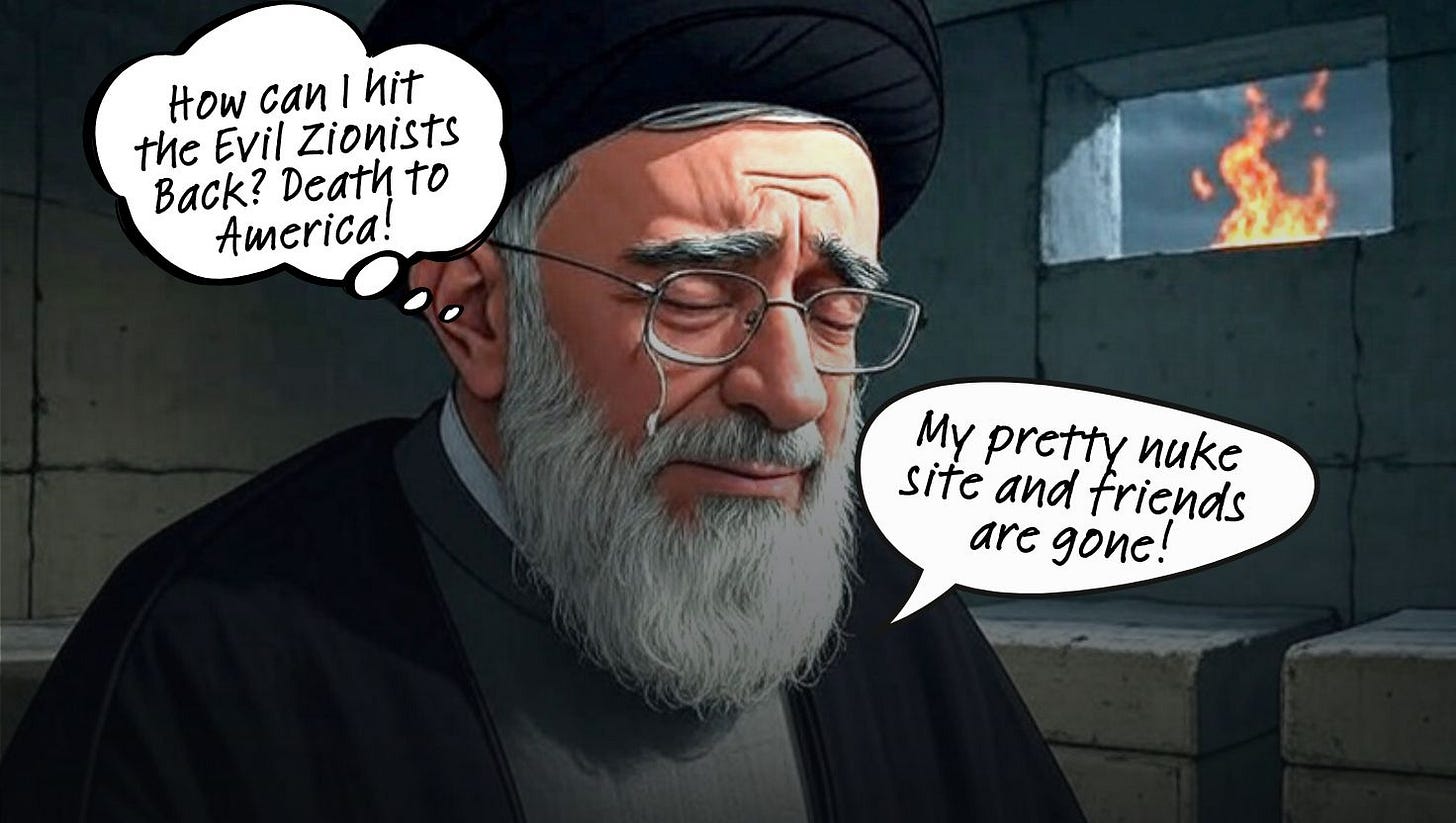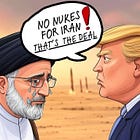Israel Preemptively Attacks Iran, What Options Does Iran Have Left in the Bank?
The strike on Iran tonight is not an escalation — it’s humiliation.
The strike on Iran tonight is not an escalation — it’s humiliation. For a regime that has built its entire foreign policy and image around honor, deterrence, and the projection of strength, this is the most public shaming in its entire existence. The Islamic Republic leadership can’t let it pass unanswered. The question is not if they respond, but how and where.
The easy analysis points to the familiar: probably there will be a barrage of ballistic missiles, drones. They might want to activate proxy militias in Lebanon, Syria, Yemen, and Iraq, and there is always cyber warfare. All of these are of course on the table. But the key variable is on Israel’s final result on the operation.
This looks like it’s not going to be a one-night operation. Israel’s aim are to degrade not just symbolic targets but operational capabilities — missile stockpiles, drone factories, nuclear infrastructure, command nodes and IRGC leaders. The more Israel destroys, the greater the pressure on Iran to show that it’s still in the fight.
But Iran’s options are very constrained. Direct military confrontation with Israel is unlikely and risks escalation they can’t afford. The Gulf states don’t want it. Hezbollah is already stretched. Iran’s air defenses have proven inadequate and largely destroyed in past operations. And so Tehran will reach for what it’s always relied on: asymmetric warfare.
And that’s where this has the risk of getting global. “Globalize the Intifada.”
Iran’s playbook has always involved taking the fight outside the immediate battlefield. Jewish targets abroad, Israeli embassies, soft targets, tourists, synagogues, cultural centers — we’ve seen this movie before in Buenos Aires (1992, 1994), in Bulgaria (2012), and numerous foiled plots since.
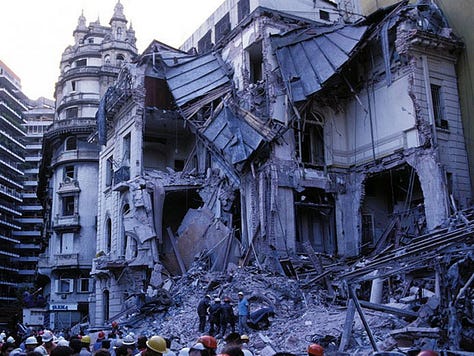
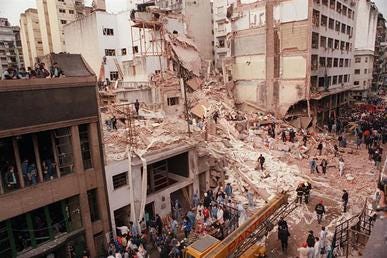
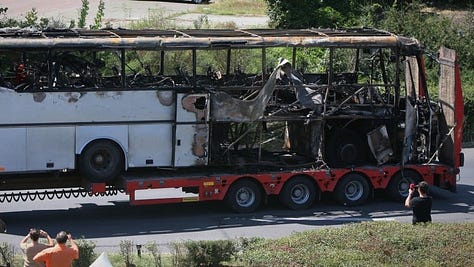
What makes this moment particularly dangerous is that Iran’s network of operatives, cutouts, and proxies in Canada, Australia, UK, Europe, the U.S., South America, and Africa is already in place. What’s missing is the green light.
And that’s the real danger here: While the world’s eyes are fixed on missiles over Tehran or drones over Natanz, the next reprisal could be a bomb in Berlin, a shooting in Paris, or an attack in Buenos Aires, Sydney, Toronto or D.C.
Western intelligence agencies know this, but no system is perfect, and Iran has learned from past mistakes. Iranian foreign operations cells are already active. Iran’s IRGC has ties to criminal networks and can also subcontract attacks to maintain plausible deniability.
We are entering the next phase of this long shadow war. Tonight was the loud phase. What comes next might be quieter — until it’s not.
Iran’s decision will depend on the damage sustained in the coming days. If Israel can cripple key Iranian military infrastructure, expect Tehran to compensate with global asymmetric attacks, designed to restore the “honor” they lost tonight.
Israel had no choice. It eventually went at it alone. Israel doesn’t seek war, but for years, the world has watched Iran inch closer to nuclear weapons capability while flooding the region with missiles, drones, and terror proxies, always Israel paying the price. Diplomacy failed. Even Trump, back on April 11, gave the Islamic Republic 60 days to reach a deal — that clock ran out. If Israel hadn’t acted, the price of inaction would have been far greater. In the long run, a degraded Iranian military and nuclear program means a safer Middle East and, by extension, a safer world. Deterrence had to be restored — not just for Israel, but for every nation threatened by Iran’s expansionist ambitions.
This is not just an Israeli problem. This is a global warning.




